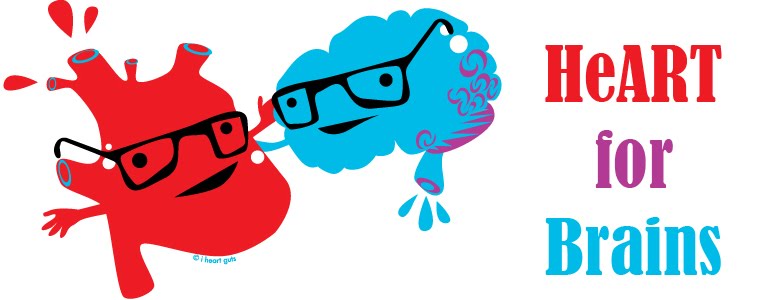I am a very focused person, or I can be anyway. I can focus on a single task for hours at a time with barely any distracting thoughts, feelings, or even physical sensations. You probably know the feeling - getting up from the computer after hours, only to realize your shoulders are aching and your back hunched over, physical sensations that didn't even register while you were concentrating. I am usually conscientious of my posture/ergonomics because of on-going wrist, shoulder, and back issues, but sometimes my attention is so laser-focused that none of this matters in the moment. On the other hand, I can spend an hour just staring off into space, trying to convince myself to do the work that I have in front of me. As I continue analyzing my unconscious actions, reactions, and emotional states, I am trying to discern the reasons for the focused attention, and for the totally unfocused times. Sometimes this lack of attention is simply because I need to rest and am trying to do too much, sometimes it's because I'm not dealing with some emotion that is distracting me from concentrating, sometimes it's because I really don't want to do the task at hand, sometimes it's because I'm afraid or overwhelmed by the task.
It is not always easy to tell which of these I am experiencing at a given moment. Like right now - I was unable to focus on a grant writing task, yet I seem to be composing this blog post just fine. Am I scared of writing this grant? Am I too tired to use my brain so analytically? Am I distracted by some feeling I'm suppressing? In trying to analyze and discern the causes of my reactions, I feel like a linguist trying to translate a newly discovered language with no living speakers. All I have are small clues - sensations in my body mostly - that I am trying to interpret with limited information. As I begin to reconnect my brain to my body, however, I am starting to discover some helpful patterns. I am identifying certain habitual thoughts triggered by specific feelings, for instance, and how sensations in my gut, heart, and throat align with particular feelings. It's as if I'm developing a translator's guide to my self, for my self. This takes a great deal of attention, intention, and data retention. But once I have the guide developed, hopefully it will prove useful for many years to come.





























